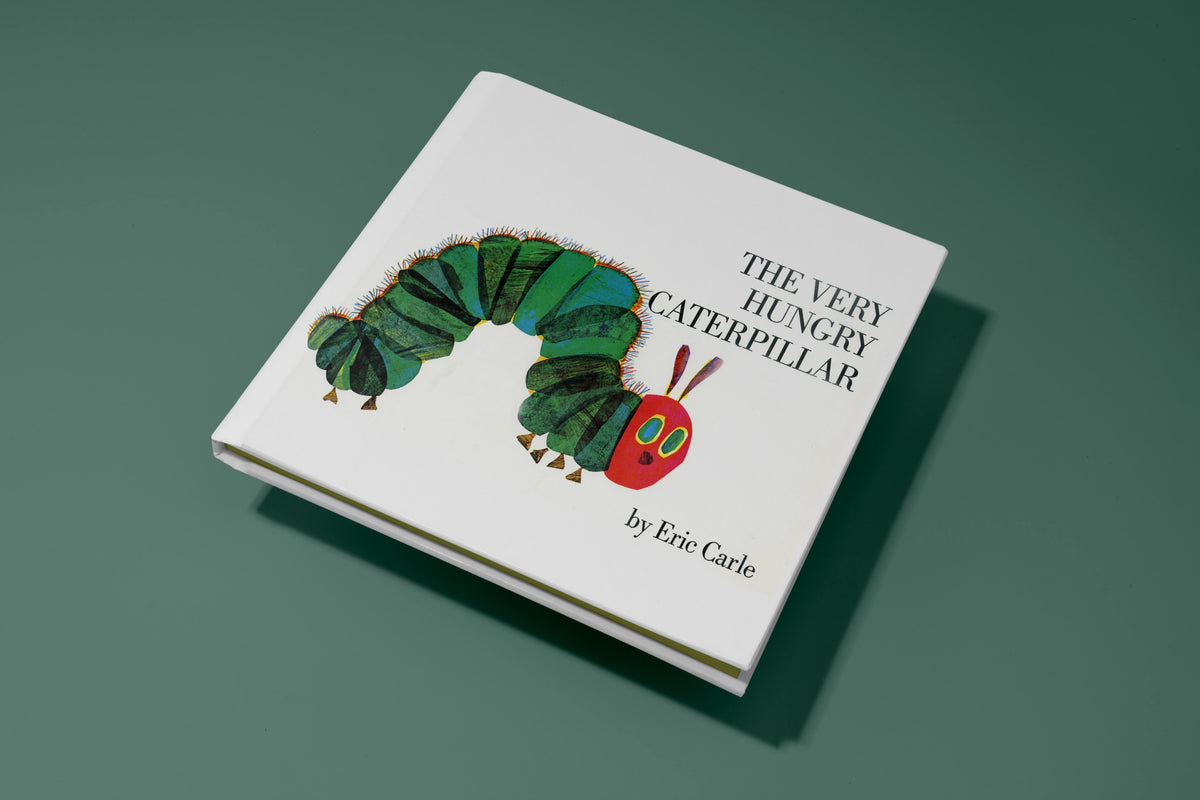Folk Horror
What Is Folk Horror? (Definition & Examples)
Folk horror is a subgenre of horror fiction that blends supernatural or unsettling elements with rural traditions, folklore, and cultural rituals. In the UK book market, it often draws on the country’s own history of myths, superstitions, and landscapes to create chilling atmospheres rooted in the past.
Detailed Explanation
Folk horror emerged as a distinctive style in the 20th century, originally gaining attention through British cinema of the 1960s and 1970s before becoming a recognised literary trend. Unlike gothic horror, which often relies on castles or haunted houses, folk horror situates its stories in fields, woods, villages, or isolated communities. Its tension usually comes from clashes between modern life and ancient traditions, creating a sense of unease that is both psychological and cultural.
In literature, folk horror uses themes such as sacrifice, pagan rituals, seasonal cycles, and eerie folklore. Authors explore how the natural world and community customs can become both protective and threatening. This makes it highly appealing for readers who enjoy horror with strong cultural or historical undertones.
At Fox & Fable Booksellers, folk horror sits alongside genres like gothic fiction and supernatural stories, which are often ordered in bulk by schools for study packs or by book clubs exploring contemporary and classic horror. Its growing popularity also makes it a useful inclusion for businesses wanting to track literary trends.
Examples of Folk Horror
-
The MaddAddam Trilogy by Margaret Atwood – Though primarily dystopian, it weaves ecological themes and myth-like storytelling with unsettling rural undertones.
-
Children of Time Series by Adrian Tchaikovsky – Blending speculative fiction with themes of evolution and survival, this series reflects folk horror’s fascination with humanity’s relationship to nature.
-
Doctor Who: The Fourth Doctor Anthology – Includes stories that borrow folk horror motifs, especially those set in rural or isolated British settings.
-
The Three-Body Problem Trilogy by Cixin Liu – While primarily science fiction, it echoes folk horror’s interest in cosmic dread and humanity’s vulnerability within vast natural forces.
Why Folk Horror Matters
Folk horror matters because it shows how literature can transform cultural traditions into unsettling narratives that speak to deeper fears about society, isolation, and survival. For readers, it offers a unique mix of myth, history, and horror. For schools and book clubs, folk horror sparks discussion about the role of folklore in modern storytelling, while businesses benefit from understanding its rising relevance in UK publishing.
Relevant Tags
folk horror | horror fiction | British folklore | rural horror stories | gothic fiction | supernatural books UK | horror for book clubs | horror bulk orders | Fox & Fable glossary | myth and ritual in literature




